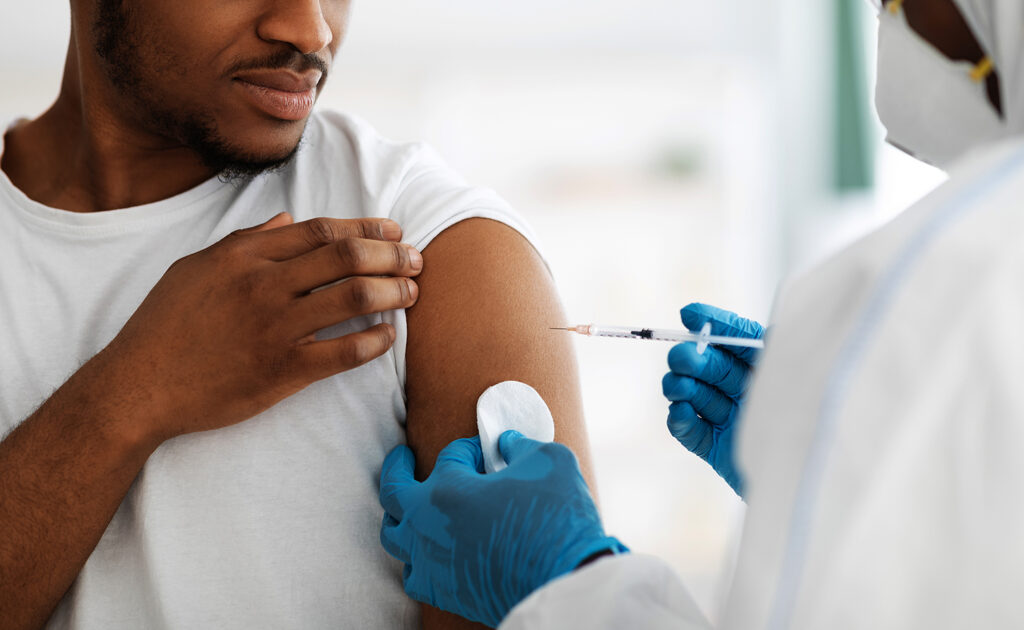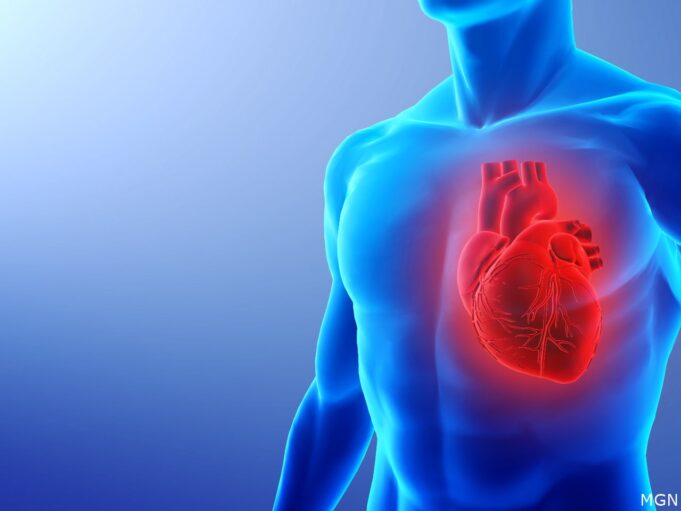A peer-reviewed study published Sept. 10 in Vaccine contradicts a 2022 statement by the WHO that “hybrid immunity offers superior protection against severe outcomes due to COVID-19 compared to infection-induced or vaccine-induced immunity alone.”
by Suzanne Burdick, Ph.D. The Defender
This article was published on The Defender—Children’s Health Defense News & Views Website on October 1, 2024
The combination of COVID-19 vaccination and COVID-19 infection was linked to severe heart failure and cardiogenic shock in patients who experienced a STEMI heart attack, according to a new peer-reviewed study.
According to the Cleveland Clinic, an ST-elevation myocardial infarction (STEMI) is a type of heart attack that mainly affects the heart’s lower chambers.
Cardiogenic shock is a life-threatening condition in which the heart suddenly can’t pump enough blood to meet the body’s needs.

The study’s findings, published online Sept. 10 in Vaccine, may contradict the conclusions of a 2023 analysis led by the World Health Organization (WHO) and published in The Lancet.
The WHO study suggested hybrid immunity—having antibodies triggered by both a COVID-19 vaccine and COVID-19 infection—provides the best protection against hospitalization and severe disease.
Daniel O’Connor of Trial Site News (TSN) told The Defender the new study raises questions that need further investigation.
Causing the body to create a heightened antibody response is a “fundamental part” of the boosting strategies advocated by top national and international health agencies, O’Connor said.
“So we have to ask ourselves,” O’Connor added, “Are there risks with this paradigm we are not considering, at least for some individuals in higher risk groups?”
According to TSN:
“The primary goal of booster shots is to increase immunity and maintain protection, especially as immunity from the initial vaccination may wane over time.

“But a dangerous byproduct of this ongoing process, at least in certain subpopulations, could be to endanger a significant segment of the population, according to this research.”
The authors of the study published in Vaccine said the heightened risk of severe heart failure and cardiogenic shock “appears to be associated with an enhanced serologic immune response.”
An enhanced serologic immune response refers to an uptick in antibody production against the COVID-19 spike protein, according to Dr. Peter McCullough who posted the study on his Substack.
A blood test can measure the amount of COVID-19 spike protein antibodies a body produces, according to McCullough who called the test “one of the most valuable tests in the COVID-19 era.”
STEMI patients who got COVID vaccine and infection at greater risk
The study authors examined health data—particularly the type and amount of antibodies in the blood—from nearly 1,000 patients who were admitted to a hospital in Madrid, Spain, between March 1, 2020, and March 1, 2023, due to a type 1 heart attack.
The patients’ average age was 64. Eighty percent were male. Just over half received one or more COVID-19 shots before being admitted to the hospital for a heart attack.
The majority of vaccines administered were mRNA-based, such as the PfizerBioNTech and Moderna shots. However, 16% were non-replicating viral vector vaccines, such as the Johnson & Johnson and Oxford/AstraZeneca shots.
Roughly 650 of the patients whose health data were analyzed had a STEMI heart attack and 293 patients had an NSTEMI heart attack.
A non-ST-elevation myocardial infarction (NSTEMI) is a heart attack that doesn’t have an easily identifiable electrical pattern—ST elevation—like other types of heart attacks. It occurs when the heart doesn’t get enough oxygen, according to the Cleveland Clinic.
Six months after the heart attack for both STEMI and NSTEMI patients, 92 patients had a major adverse cardiac event and 50 died.
Through statistical analyses, the researchers found that STEMI patients who received one or more COVID-19 vaccines and had natural immunity from a COVID-19 infection had a heightened risk of severe heart failure or cardiogenic shock.
They did not report statistical analysis results for the NSTEMI patients, ostensibly because they did not find anything statically significant. They also did not discuss why they found different results for STEMI versus NSTEMI patients.
Instead, they focused on reporting what they found among the STEMI patients.
The researchers concluded that “the combination of vaccination and natural immunization against SARS-CoV2 may predispose to the development of severe heart failure and cardiogenic shock in patients with STEMI.”
McCullough noted that “only the vaccinated with elevated anti-spike levels were independently associated with this outcome.”
The findings contradict a 2022 statement by the WHO that “hybrid immunity offers superior protection against severe outcomes due to COVID-19 compared to infection-induced or vaccine-induced immunity alone.”
The Centers for Disease Control and Prevention recommends that everyone 6 months and older stay up to date by getting COVID-19 booster shots, regardless of whether the individual has had a natural COVID-19 infection.
Study authors call for more research
The study authors called for more research, noting that their study had several limitations that left some questions unanswered.
For example, they said weren’t able to analyze the effects of the different types of COVID-19 vaccines because some patients received a combination of vaccine types.
They also didn’t have data on whether the COVID-19 infections occurred before or after vaccination.
They also did “not have comprehensive information on symptoms associated with previous SARS CoV-2 infection in patients, so we could not analyze the influence of COVID-19 severity on our results.”
They also noted that their study couldn’t determine whether vaccinated patients who had a COVID-19 infection were at an increased risk of a type 1 heart attack.
The Defender reached out to the study’s lead author for comment but did not receive a response by the deadline.
This article was published by The Defender—Children Health Defense News & Views Website under Creative Commons license CCBYNCND 4.4.0













